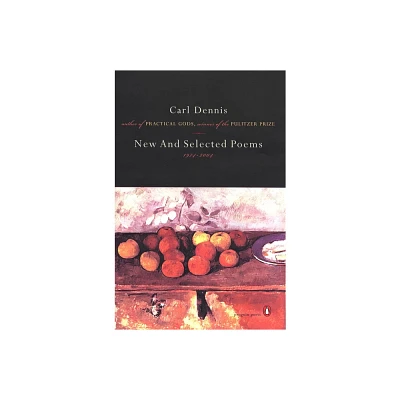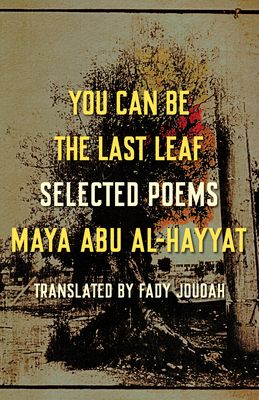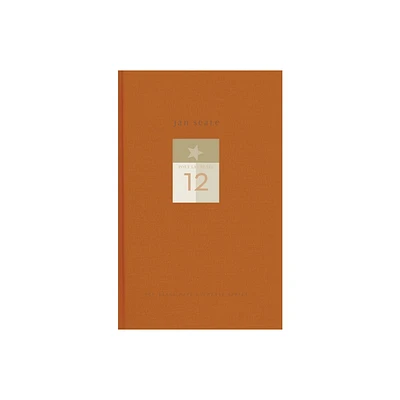Home
Bahadur Shah Zafar - Sufi Poet & Last Mughal Emperor & his Circle of Poets: Zauq, Ghalib, Momim, Shefta, Dagh... Selected Poems
Loading Inventory...
Barnes and Noble
Bahadur Shah Zafar - Sufi Poet & Last Mughal Emperor & his Circle of Poets: Zauq, Ghalib, Momim, Shefta, Dagh... Selected Poems
Current price: $23.00


Barnes and Noble
Bahadur Shah Zafar - Sufi Poet & Last Mughal Emperor & his Circle of Poets: Zauq, Ghalib, Momim, Shefta, Dagh... Selected Poems
Current price: $23.00
Loading Inventory...
Size: OS
*Product Information may vary - to confirm product availability, pricing, and additional information please contact Barnes and Noble
BAHADUR SHAH ZAFAR SUFI POET & LAST MUGHAL EMPEROR & HIS CIRCLE OF POETS... Zauq, Ghalib, Momin, Shefta, Dagh SELECTED POEMS Translation & Introduction Paul Smith Bahadur Shah Zafar (1775-1862) was the last of the Mughal emperors in India, as well as the last ruler of the Timurid Dynasty. He presided over a Mughal empire that barely extended beyond Delhi's Red Fort. The British Raj was the dominant political and military power in 19th-century India. When the victory of the British became certain, Zafar took refuge at Humayun's Tomb, in an area that was then at the outskirts of Delhi, and hid there. British forces led by Major Hodson surrounded the tomb and compelled his surrender. He was exiled to Rangoon. Modern India views him as one of its first nationalists, someone who actively opposed British rule in India. In 1959, the All India Bahadur Shah Zafar Academy was founded expressly to spread awareness about his contribution to the first national freedom movement of India. Several movies in Hindi/Urdu have depicted his role during the rebellion of 1857. There are roads bearing his name in New Delhi and other cities. Zafar was a noted Urdu poet and Sufi who often held poetry readings at his court that the poets Zauq, Ghalib, Momin, Shefta and Dagh often attended. He was especially influenced by the poet Zauq. He wrote a large number of Urdu ghazals and other forms of poetry. After the demise of Zauq, it was Ghalib who became his mentor. He also wrote an annotation of Sadi's Gulistan. Here is a large selection in the correct rhyme-form and meaning of his poems and those in his circle of poets at court. Introduction: The Mughal Empire; Emperor Bahadur Shah Zafar; Sufis & Dervishes: Their Art and Use of Poetry, The Main Forms in Persian, Urdu Poetry of the Indian Sub-Continent; Poets in the Reign of Bahadur Shah Zafar; Selected Bibliographies of all the poets. Large Format Paperback 7" x 10" 249 pages.Paul Smith (b.1945) is a poet, author and translator of many books of Sufi poets of Persian, Arabic, Urdu, Turkish and other languages including Hafez, Sadi, Nizami, Rumi, 'Attar, Sana'i, Jahan Khatun, Obeyd Zakani, Mu'in ud-din Chishti, Amir Khusrau, Nesimi, Kabir, Anvari, Ansari, Jami, Khayyam, Hallaj, Rudaki, Yunus Emre, Ghalib, 'Iraqi, Iqbal, Makhfi, Lalla Ded, Abu Nuwas, Ibn al-Farid, Rahman Baba, Nazir and many others, as well as his own poetry, fiction, plays, biographies, childrens books and a dozen screenplays. Published by New Humanity Books amazon.com/author/smithpa


















